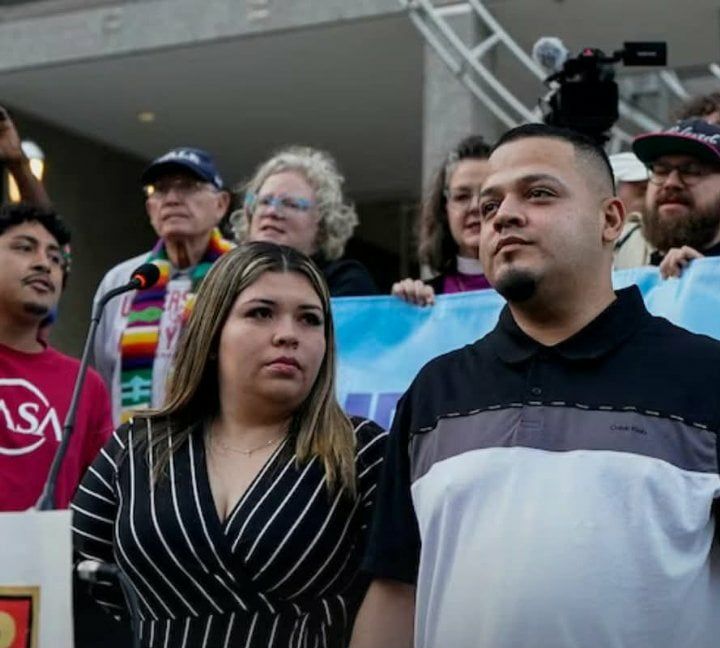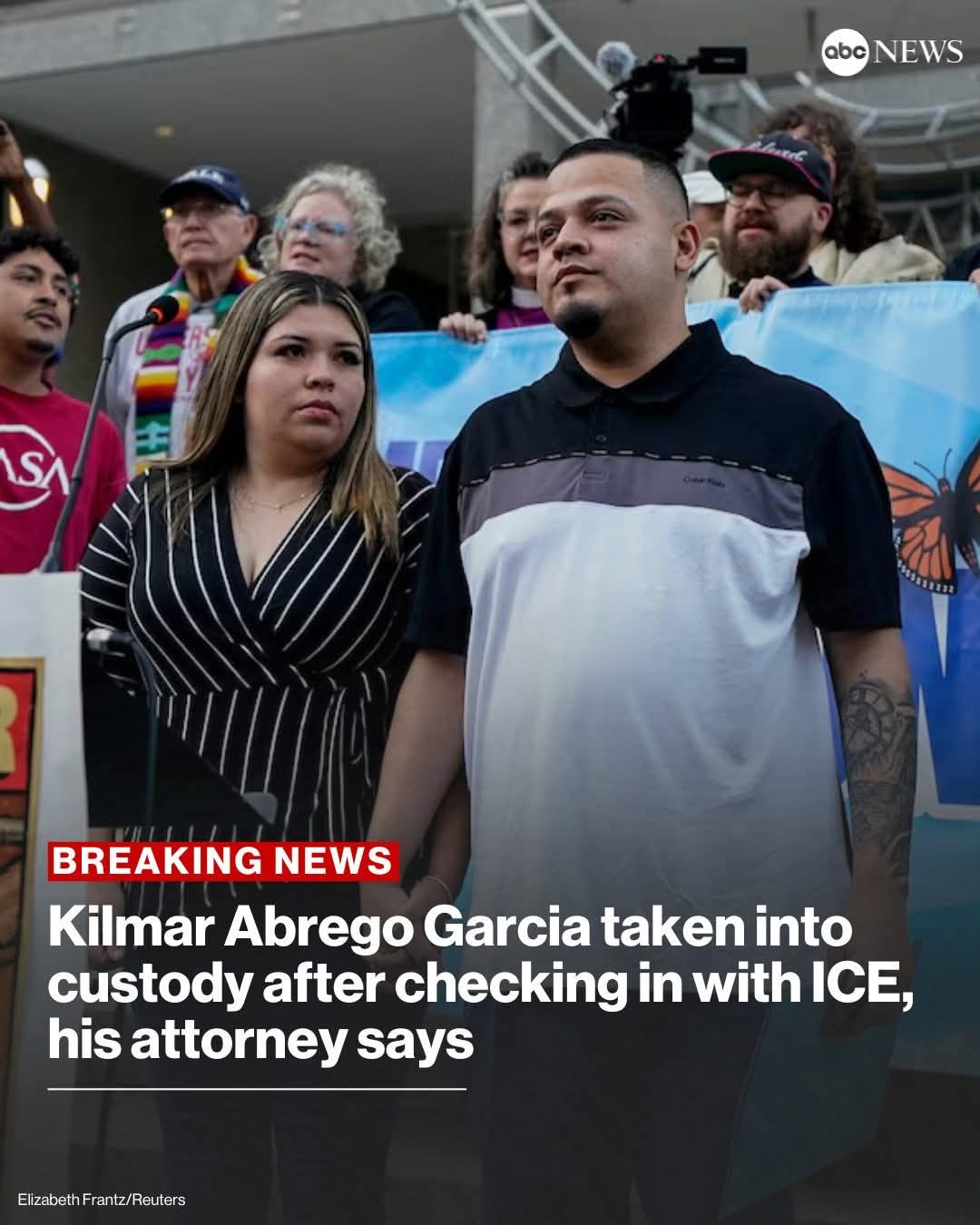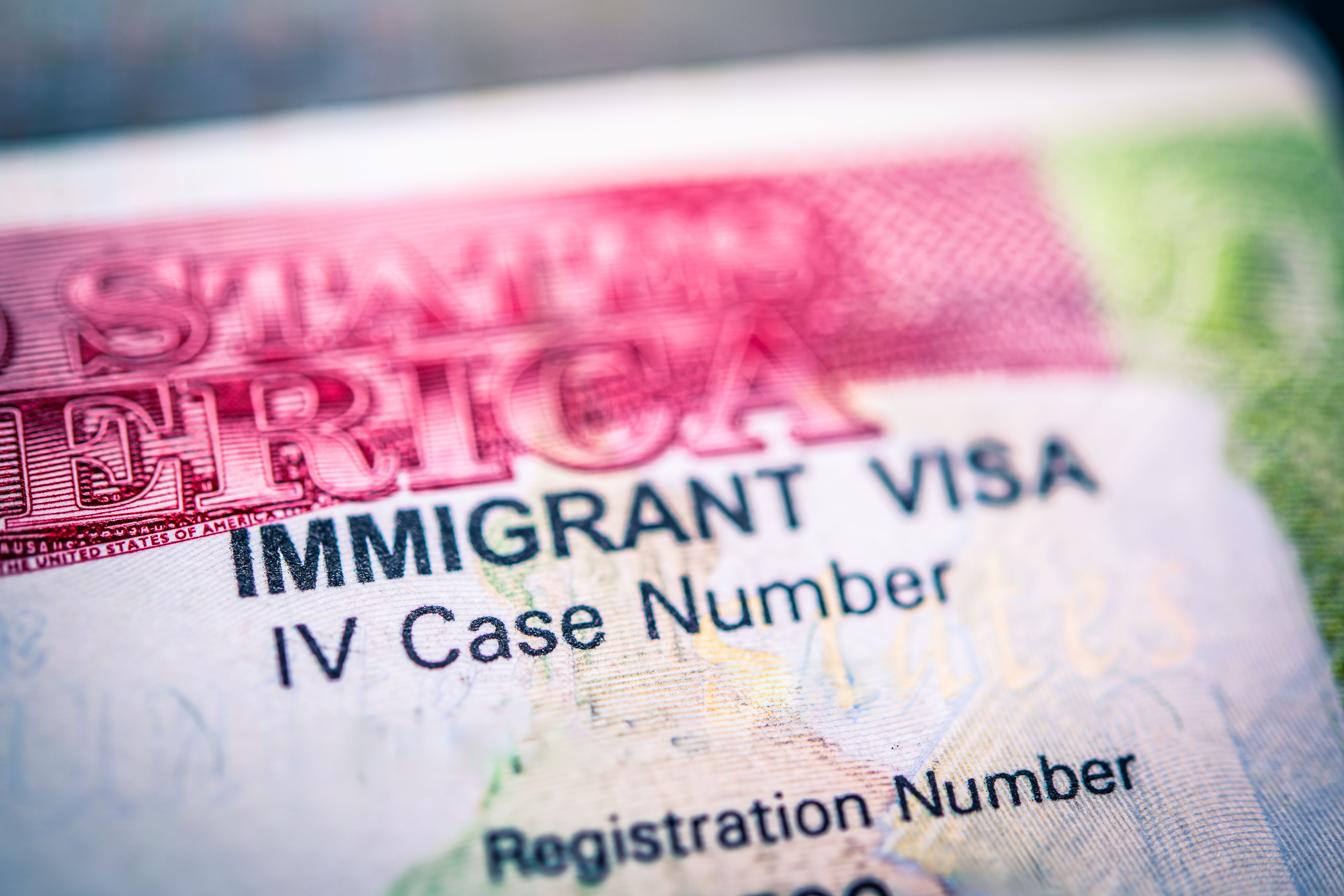Breaking News: US to Deport Kilmer Abrego Garcia to Uganda
BR
Unexpected Developments in Immigration News
In a surprising turn of events, the United States has announced the deportation of Kilmer Abrego Garcia to Uganda. This decision has sparked widespread discussions and debates, as it raises several questions about immigration policies and international relations. The deportation of Garcia, a figure with a complicated legal history, underscores the complexities of immigration law and its enforcement.
The case of Kilmer Abrego Garcia has been in the public eye for some time, with legal proceedings that have caught the attention of both national and international media. Garcia's deportation to Uganda, a country with which he has no known ties, adds an unusual twist to an already intricate situation. Authorities have yet to provide detailed explanations regarding the rationale behind this specific destination.

Background of Kilmer Abrego Garcia
Kilmer Abrego Garcia's journey to the United States was marked by a series of legal challenges. Initially entering the country under circumstances that later became subject to scrutiny, Garcia has faced numerous legal battles over his immigration status. His case highlights the ongoing struggles many face when dealing with the intricate legal frameworks governing immigration in the U.S.
Garcia's ties to the United States have been primarily through his family and community connections. Despite this, his legal battles have often overshadowed these personal aspects, painting a picture dominated by legal complexities and regulatory challenges. The announcement of his deportation has come as a shock to many who are familiar with his story.

Implications for U.S. Immigration Policies
The deportation of Kilmer Abrego Garcia raises significant questions about current U.S. immigration policies. This case may set a precedent for how similar situations are handled in the future, especially regarding individuals without clear ties to their deported destinations. Such decisions can influence public perception and policy discussions surrounding immigration enforcement.
There is also a broader discussion about the humanitarian aspects of such deportations, especially concerning individuals who may face uncertain futures in countries where they lack familial or social connections. Advocacy groups are likely to scrutinize this case as they continue to push for reforms in how immigration laws are enforced and interpreted.

International Relations Considerations
The decision to deport Garcia to Uganda also touches on international relations between the United States and Uganda. While the reasons for choosing Uganda remain unclear, the move could have diplomatic implications. It raises questions about how international agreements and partnerships influence deportation decisions.
Understanding the diplomatic context is crucial, as such actions can affect bilateral relationships and influence negotiations on broader issues such as trade, security, and humanitarian efforts. Observers will be keenly watching for any official statements from both countries that might clarify or react to this development.
The Path Forward
The case of Kilmer Abrego Garcia is likely to continue evolving in the coming weeks and months. As more information becomes available, it will be essential to consider both the legal and humanitarian aspects of such deportations. The public and policymakers alike will need to reflect on what this case means for future immigration practices.
For those advocating for immigration reform, this situation presents an opportunity to highlight areas where changes could be implemented to ensure fair and just treatment for all individuals facing deportation. The discourse around Garcia's case could serve as a catalyst for meaningful policy discussions and potential reforms.